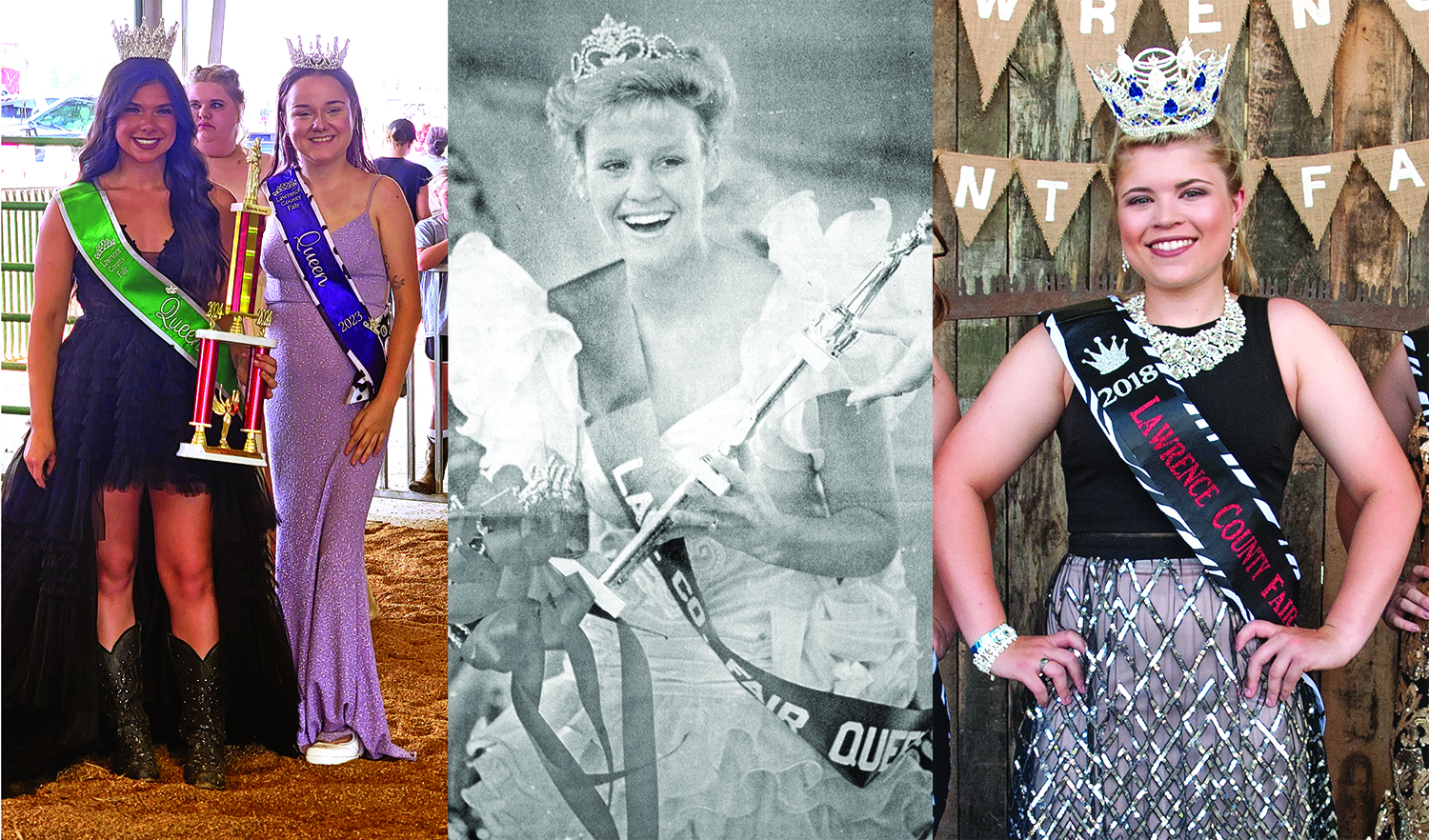Simon’s accuser doesn’t have to reveal her name
Published 1:39 am Thursday, September 11, 2014
WASHINGTON (AP) — A woman who accused Cincinnati Reds pitcher Alfredo Simon of sexual assault in a lawsuit doesn’t have to publicly reveal her name unless the case goes to trial, a District of Columbia judge ruled Wednesday.
U.S. District Judge Reggie B. Walton ruled that the woman, who has been identified in court filings as Jane Doe, doesn’t have to re-file her lawsuit using her real name as Simon’s lawyers had wanted. But the woman won’t be allowed to use a pseudonym if the case goes to trial, Walton said.
Making the woman’s name public would likely cause her “psychological trauma,” Walton wrote. But he also said allowing her to use a pseudonym at trial would likely compromise Simon’s ability to get a fair trial.
Simon and his lawyers know the woman’s name and can use it to investigate the case, but they argued it wasn’t fair for the woman to publicize her lawsuit in the media while remaining anonymous.
The woman’s $15 million lawsuit claims she met Simon at a Washington nightclub in April 2013 and went with him to a hotel where he forced sex on her. Prosecutors in the District of Columbia decided not to bring criminal charges after an investigation, lawyers for both sides havwe said, but the woman sued in April.
The woman’s lawyers said the real reason Simon wanted her name revealed was to punish and intimidate her for pursuing the case. One of the woman’s lawyers, Geoffrey Hengerer, told the judge during a hearing in August that he was concerned about bloggers and “fanatics” retaliating.
Walton agreed that having the woman’s name on every court filing could result in harassment.
“Having the plaintiff’s name in the public domain, especially in the Internet age, could subject the plaintiff to future unnecessary interrogation, criticism, or psychological trauma, as a result of bringing this case,” Walton wrote.
The judge also ordered both sides not to talk to reporters and scolded the woman’s attorneys for publicizing the case. Walton wrote that it appears the woman and those working for her “are attempting to try her case in the media or gain a tactical advantage through their public statements.”
Regardless of Walton’s decision on revealing the woman’s name, many media organizations including The Associated Press have a policy of not identifying individuals who say they have been sexually assaulted, a fact the woman’s lawyers and Walton noted in court.





